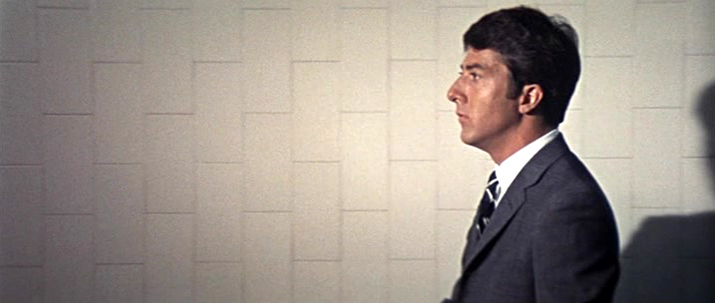My brother Mark wrote an essay on current uproar over ‘No Man’s Sky’. He, like many others, bought the game, but he’s not angry like them.
He makes a distinction between buying something that is and investing in what something can become and draws a great comparison to one of his (and my) favorite scenes from Mad Men:
In my favorite scene of Mad Men, head honcho Don Draper gets into an argument with junior copywriter Peggy Olson in his office after hours. She delivered work the client loved, and while she got paid she never received acknowledgement of her role in the win. With tears in her eyes she finally breaks down and reminds Don she didn’t even get a ‘thank you,’ to which he quickly shouts, “That’s what the money’s for!” You see, Don uses money as a reward, not as encouragement. He’s not an investor in good creative, he’s a consumer of it. He pays for results, not future potential. I think the disappointment we’re seeing among many buyers of No Man’s Sky comes from the fact that what they received is not what they thought they paid for. And perhaps many of those who are content with their purchase see their money more as support for what No Man’s Sky pursued and is possibly becoming, and are enjoying their purchase for what it is and not what they thought it would be.
I see both sides on this. I understand the disappointment, but I also know what to expect by someone who has both backed and also created projects on Kickstarter.
What I would like to see change is more effort on the part of project creators to manage expectations.
Did anything bad ever come from under-promising and over-delivering?





